“I wonder if it’s really worth it to be learning these skills in schools if AI is just going to advance so much,” said B-CC Junior Lidia Cusack.
The discussion of technology in education is not a new one. The first handheld calculator was invented in 1967, and despite fervent opposition in the early ’70s, calculators became fully integrated into math classrooms. As the public discussed the permissibility of calculators in schools, educators found themselves confronting the impact these devices would have on math education. Now, it is hard to imagine a math classroom without these trusty tools. While calculators offered students a tool to find the right answers more efficiently, they did not supplant the foundational knowledge necessary to set up equations. However, AI, such as ChatGPT, allows students to pose questions without prior knowledge and receive immediate answers, potentially altering the dynamics of traditional learning.
This raises serious questions about the future of all courses, but perhaps especially in the English classroom, where students will no longer have to read, write, or think in order to produce an analytic essay on a text, for example. Adapting to new technologies has always been part of the teacher’s role, and the integration of AI is no different. Teachers today must determine whether artificial intelligence should be banned or put to use in the classroom and, if so, then how. In English classrooms, as AI technology becomes more sophisticated, teachers will have a complex puzzle to solve in terms of assessing students’ actual knowledge and skill.
The U.S. Department of Education released a policy report regarding AI use in schools: “There is a clear need for sharing knowledge, engaging educators, and refining technology plans and policies for artificial intelligence (AI) use in education.” However, the report offered little guidance for solving this complex issue.
Ms. Westbrook, a B-CC English teacher said, “The frustrating part is we have not gotten any guidance from MCPS or B-CC.” Dr. Reuter, another B-CC English teacher, also conveyed her concern. “A lot of teachers wish there was some county-level guidance or even state-level guidance.”
Reuter took the initiative to create her own AI policy for her classroom, given the absence of clear guidelines. “My AI policy is: It is here, and we are not going to ignore it. We tell students to use it responsibly. But, we haven’t had any external guidance about how to use it responsibly.”
Though this approach might work for some, most teachers crave general guidance. Some teachers feel that they do not have adequate training to set their own policies. Mrs. Charles, an AP Language teacher, echoed that sentiment, jokingly suggesting, “Let’s have the middle-aged woman teach teens about technology and see how that goes.”
Nonetheless, crafting one specific statement or policy for MCPS to release may be challenging. Reuter explained, “It is different for different classes.”
Although MCPS has not released a formal comment on the use of AI in schools, Westbrook believes “MCPS has taken a stand against AI since they have blocked ChatGPT on MCPS-issued Chromebooks.” Some teachers believe blocking these sites is simply a bandaid for the problem. Dr. Haupt, a B-CC language art teacher, wants to work with AI instead of against it. “I tell my students that we are going to talk through AI so we can use it in ways that make us more productive [and] ways it can be used ethically,” said Haupt.
While AI can provide instant answers and assistance, it also raises questions about the depth of understanding and knowledge acquired. Haupt is focused on the crucial technique we learn in school to help us develop thinking skills: writing. “If we allow ChatGPT to replace the need to write, students will not develop and will not grow intellectually. Writing is that crucial,” said Haupt. “Our future looks grim if ChatGPT is what we are all relying on,” added Mrs. Charles.
Before the beginning of the school year, the English department met to discuss, in part, the benefits and challenges of various AI policies issued by the Advanced Placement (AP) and International Baccalaureate (IB) organizations, and sample policies developed by individual teachers. These plans are living documents that are responsive in an ongoing way to technological advancements. IB, for example, embraces that AI is here to stay. Their website reads, “The IB believes that artificial intelligence (AI) technology will become part of our everyday lives—like spell checkers, translation software and calculators. We, therefore, need to adapt and transform our educational programmes and assessment practices so that students can use these new AI tools ethically and effectively.” At the same time, they unequivocally state, “Students should be aware that the IB does not regard any work produced—even only in part—by such tools, to be their own,” and suggest that students develop the habit of citing AI as a source. AP’s policy states, “Students can use generative AI tools as optional aids for exploration of potential topics of inquiry, initial searches for sources of information, confirming their understanding of a complex text, or checking their writing for grammar and tone,” however all reading and writing must be completed independently by students.
The question for some English teachers, despite this guidance, is how. How can teachers reinforce these expectations, when time and tools to weed out AI in written work are limited?
Our education is in a state of uncertainty. Some educators see a future where they will slowly start to integrate AI tools, much like how calculators became essential classroom aids. “When we think about human advancements in different fields, being able to use tools like [AI] is so valuable. [But], the skills we get from English class [such as] communication and critical thinking will still be there,” said Reuter.
Some teachers don’t anticipate a shift in how education functions. Westbrook expressed, “I don’t think [AI] is going to replace the need for school or teachers because of the social skills you learn by being around other people. I think we saw this evident during COVID-19.” Reuter added, “For at least the higher-level classes, I don’t see [AI] being too threatening.”
Charles also expressed that she hopes whatever policy is set in the future diminishes the use of AI. She said, “What I hope happens is that we shift in ways that help us block this technology so students do develop the skills that I believe [are] necessary.”
The evolution of AI in education undoubtedly necessitates a collaborative effort from educators, administrators, and policymakers. The lack of a clear policy leaves teachers and students confused and apprehensive about the future of technology in English classes and in education as a whole.




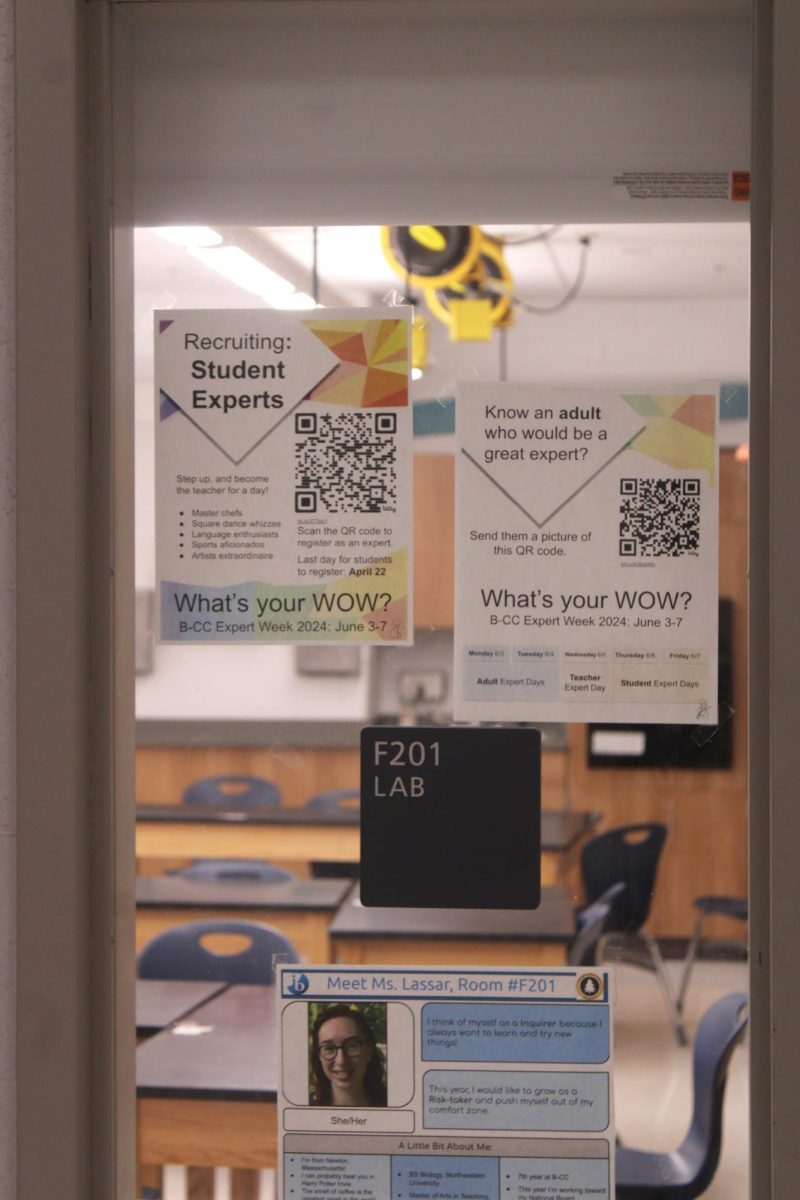
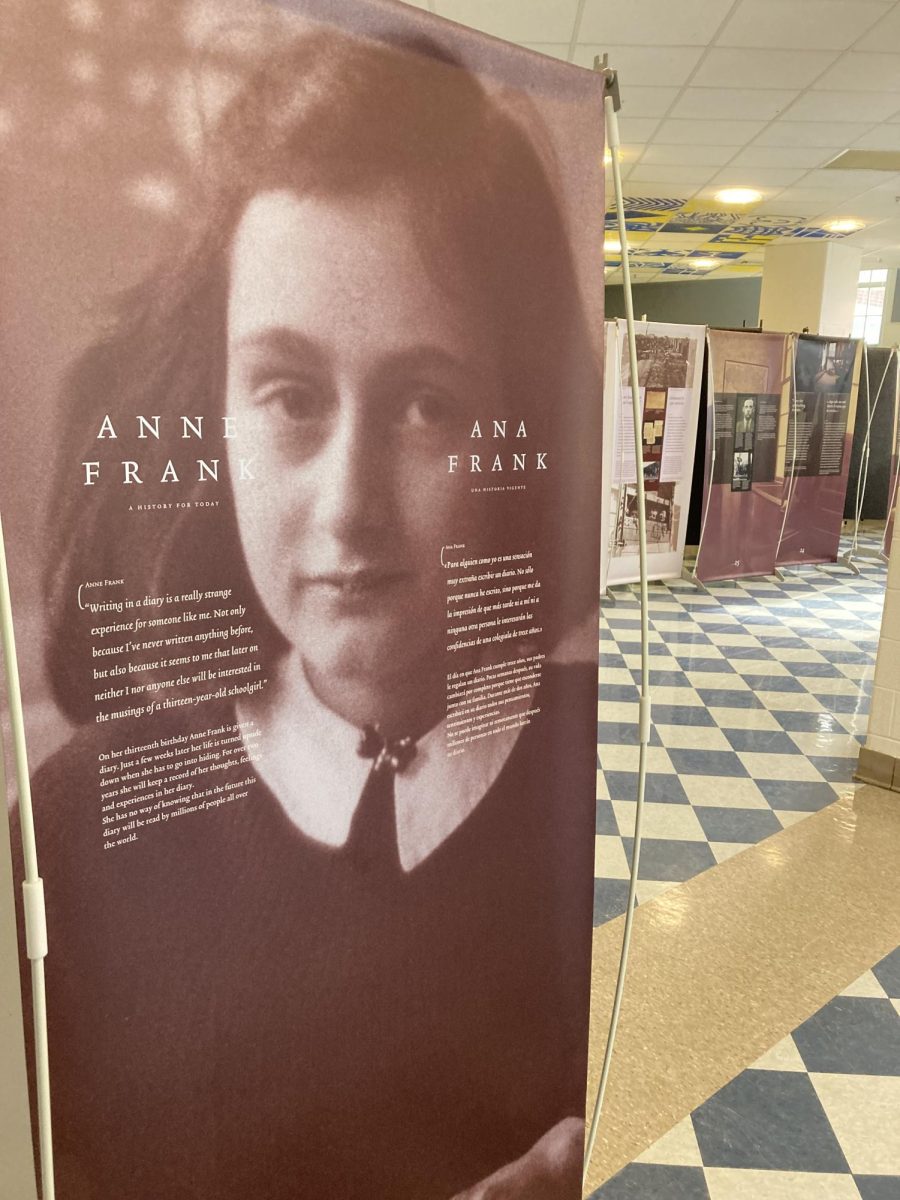





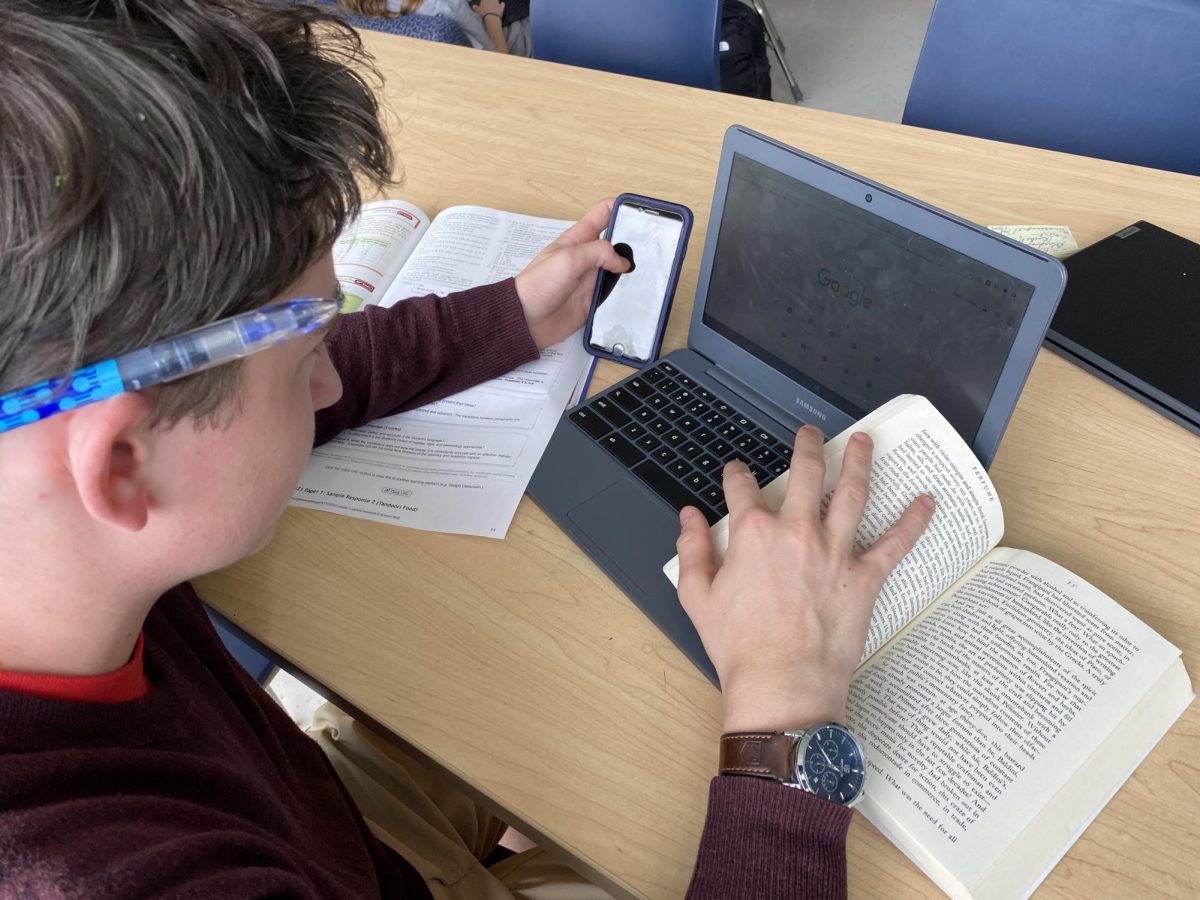
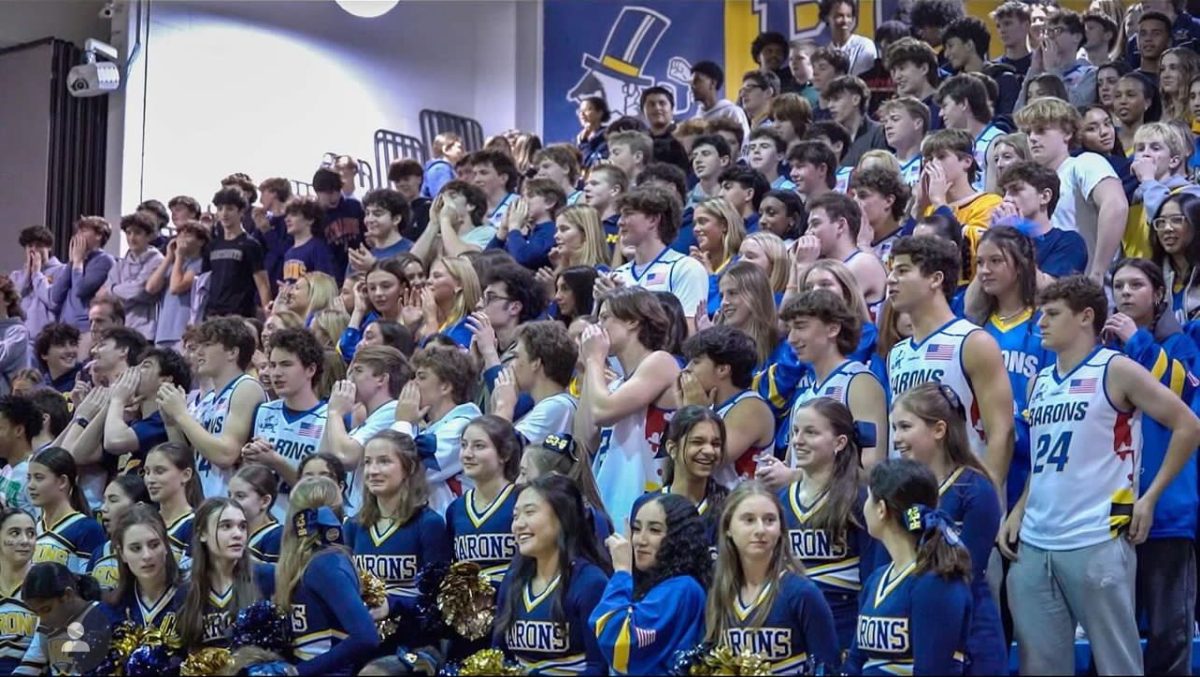

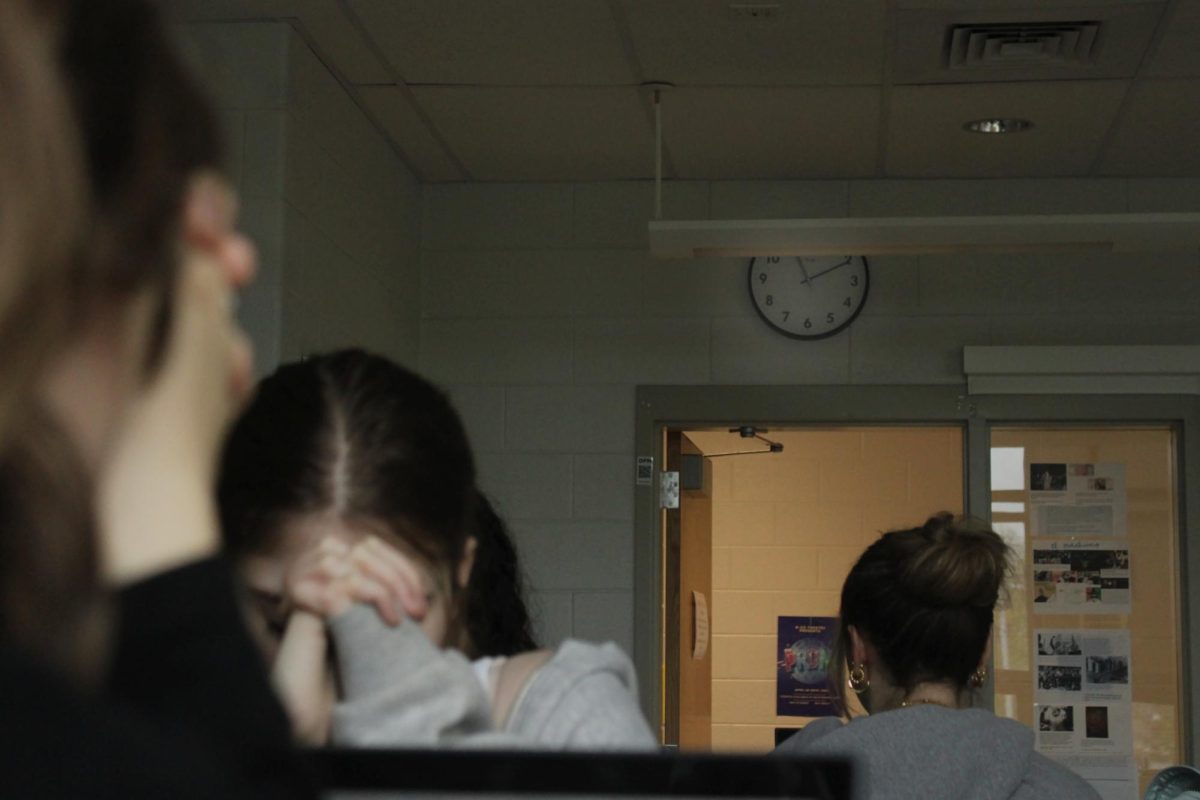





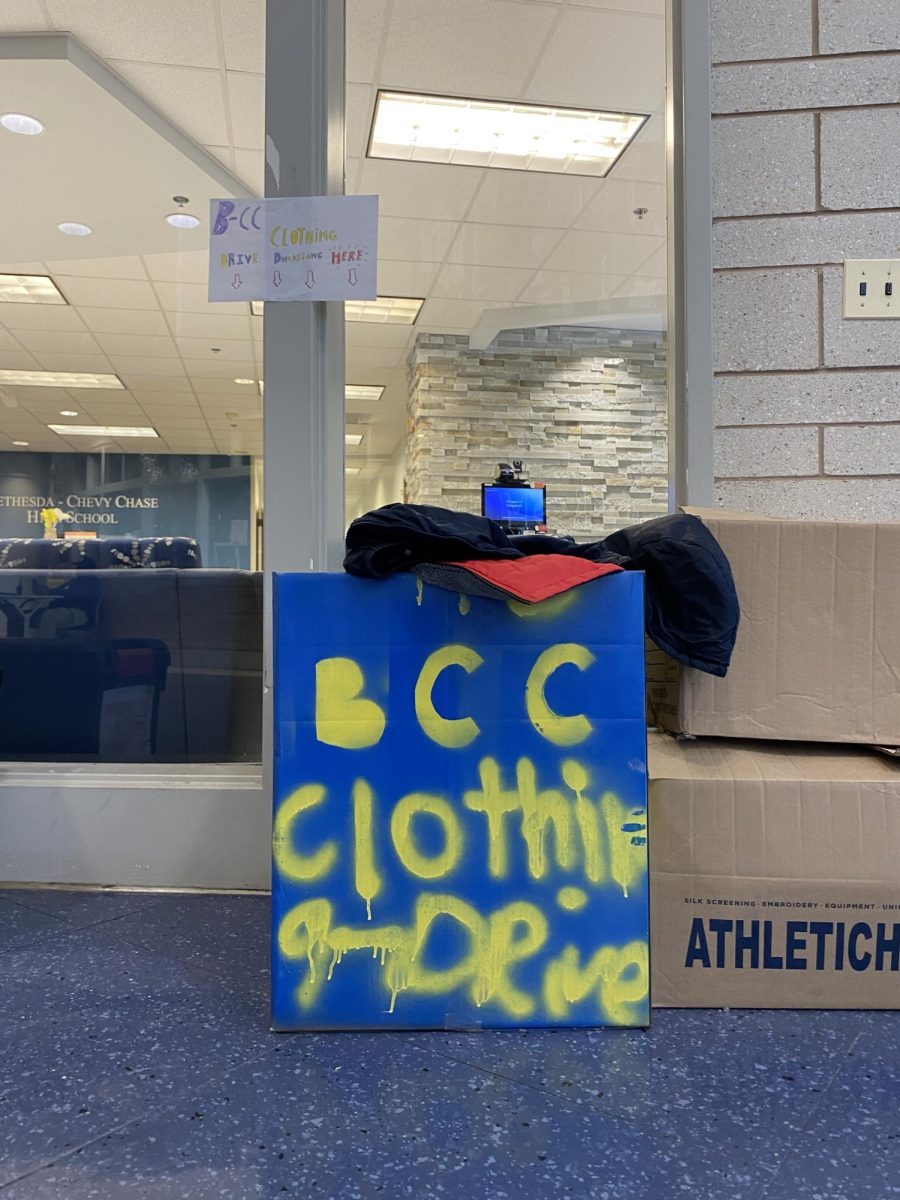

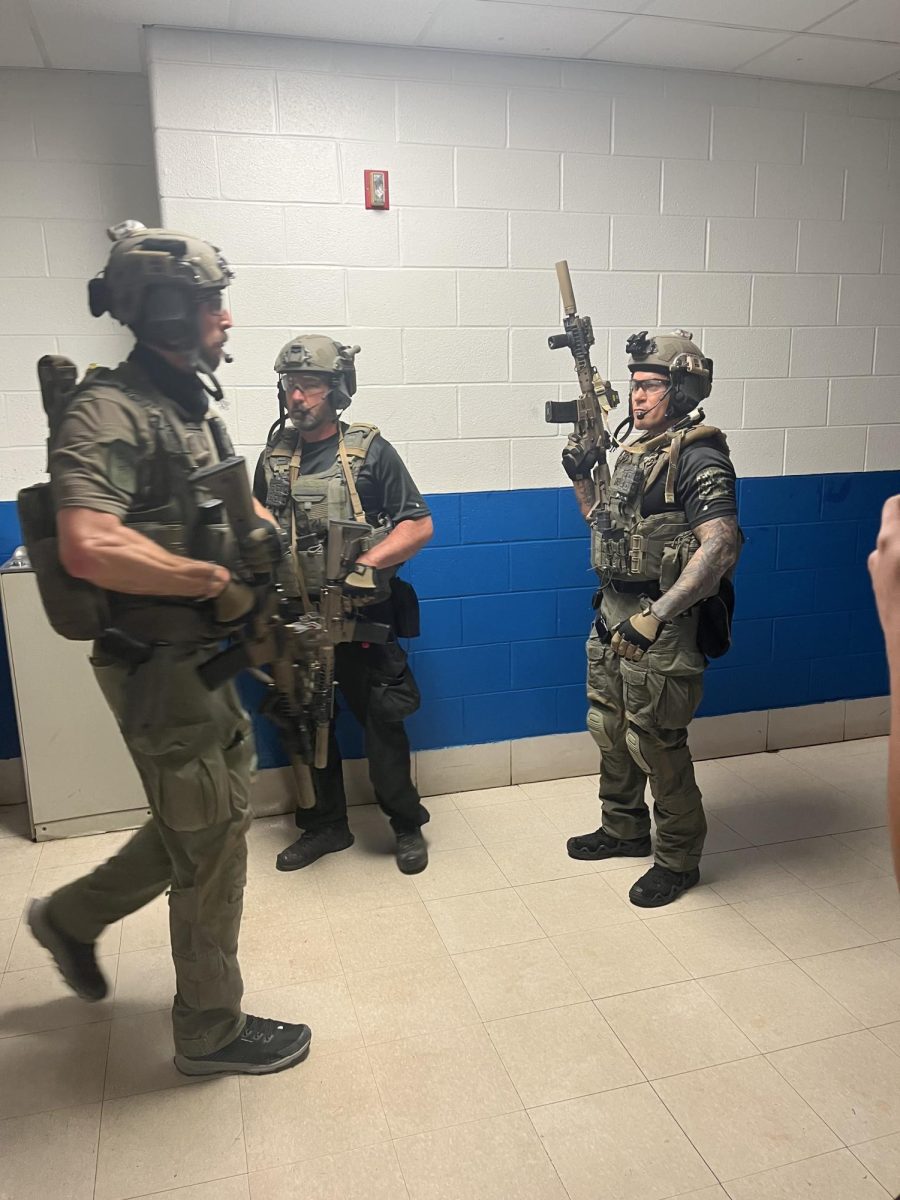
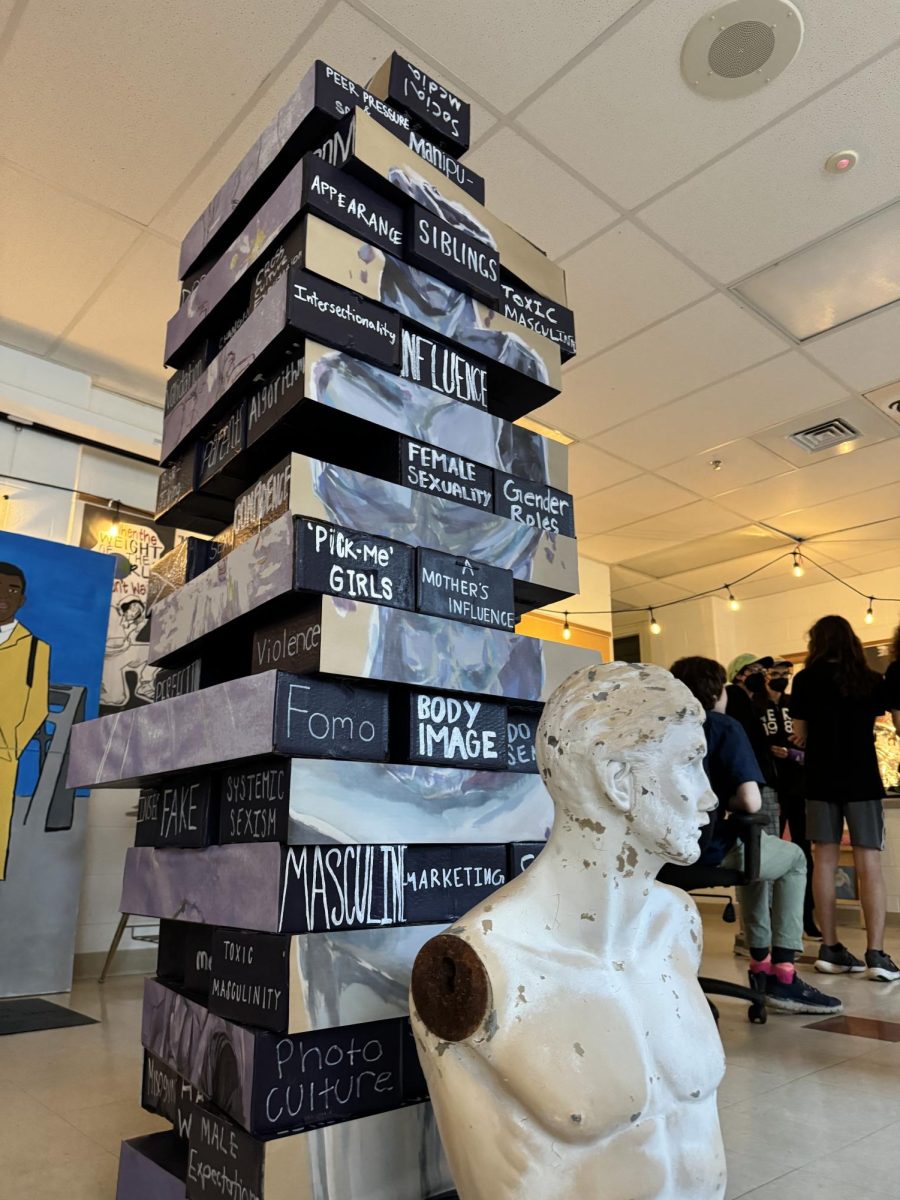

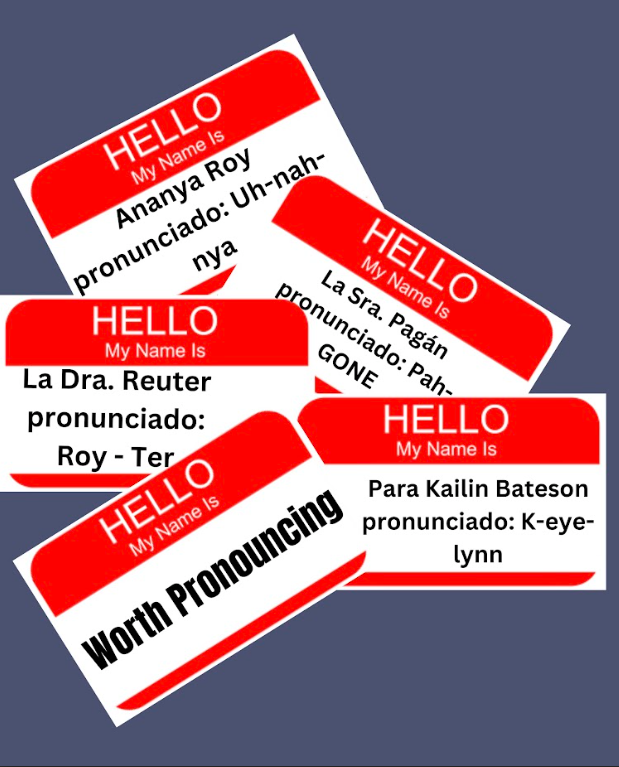
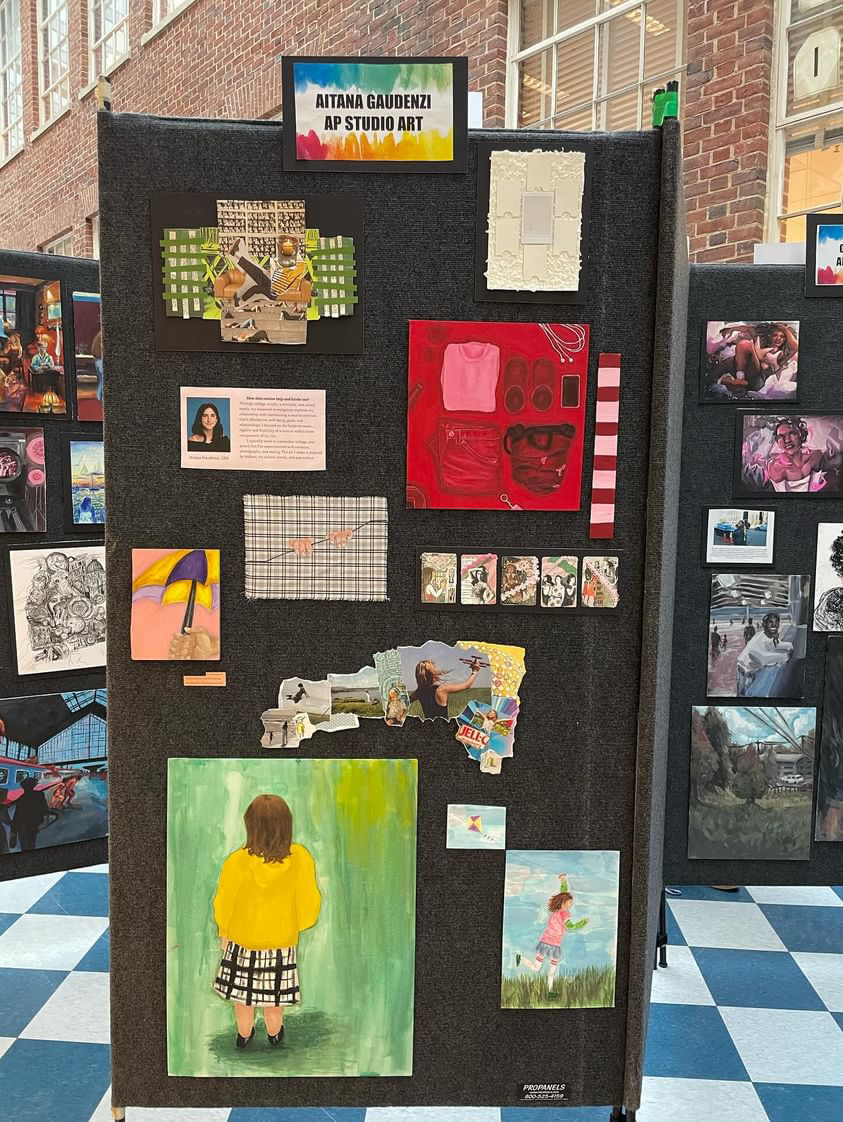


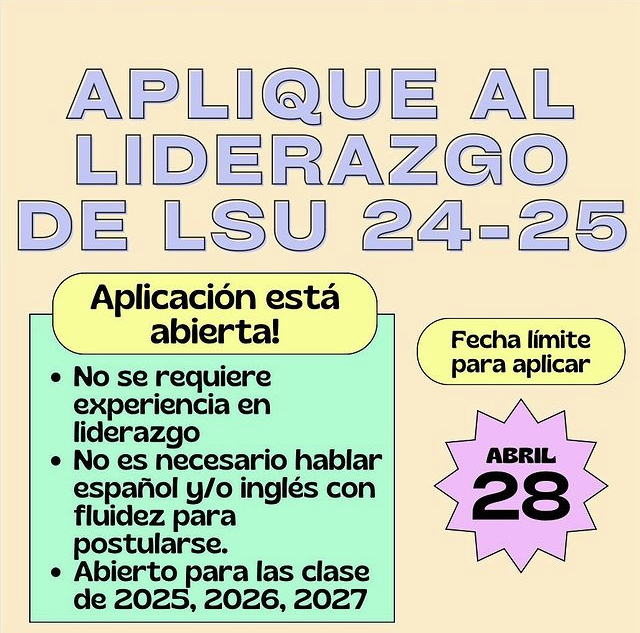
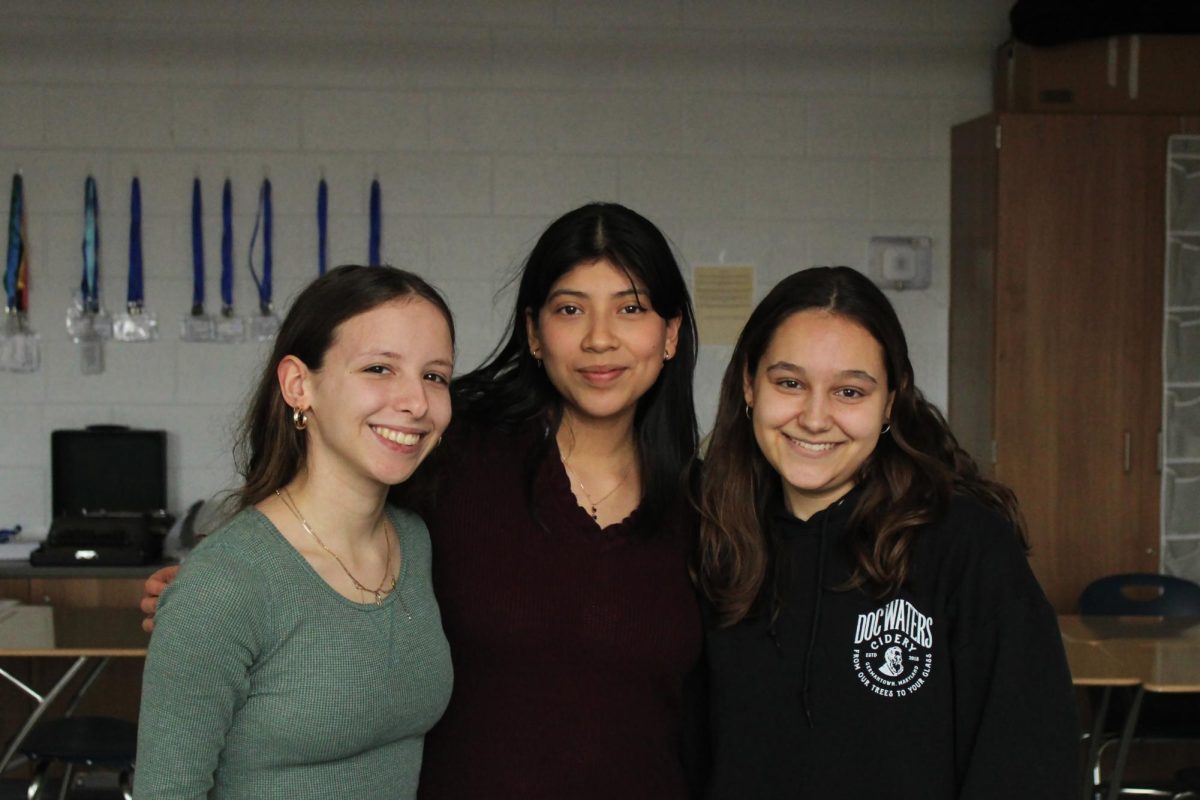












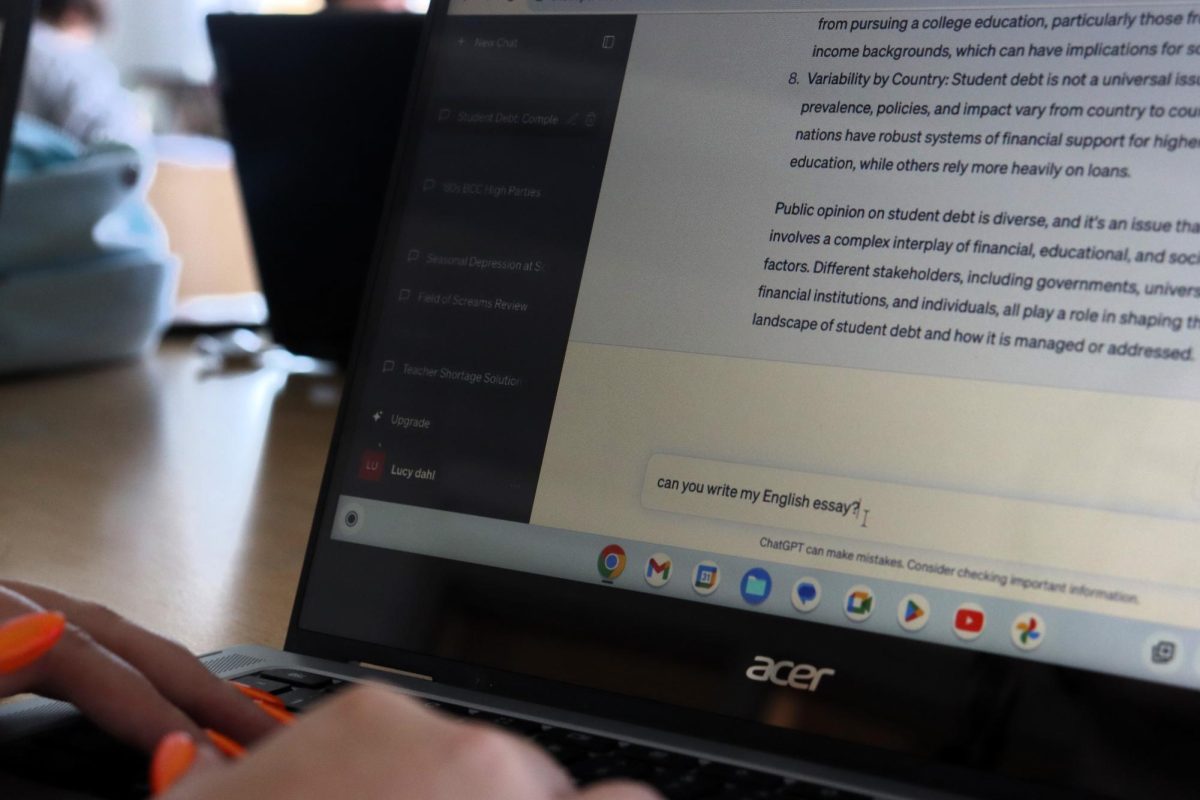
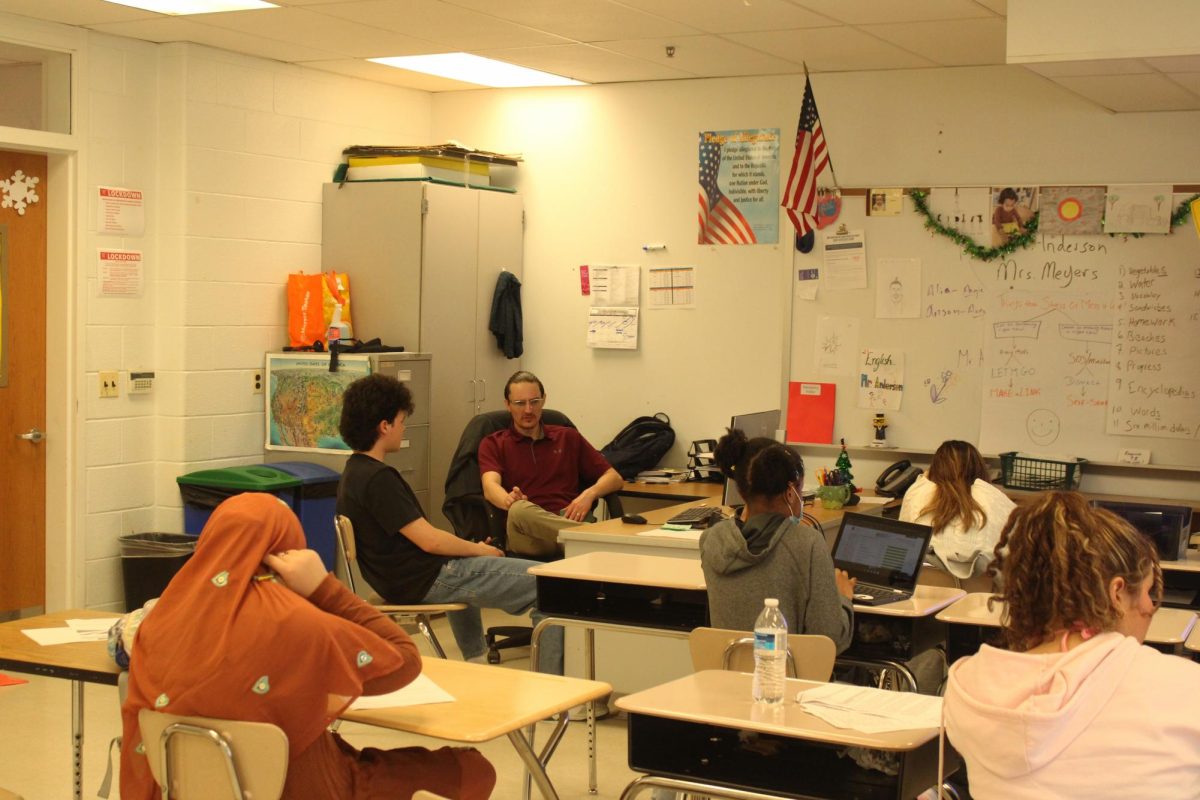


Hannah Brooker’s #1 fan • Nov 10, 2023 at 2:23 pm
this is so well written, and very intriguing. Great job Hannah!!!